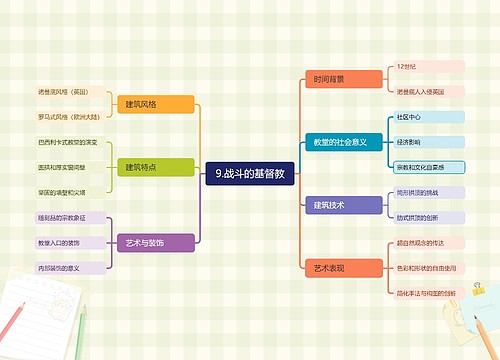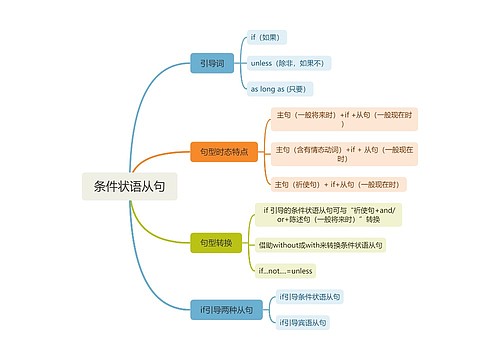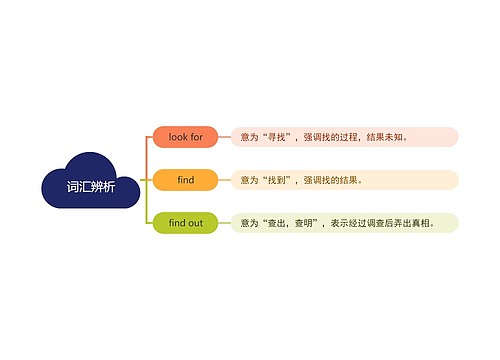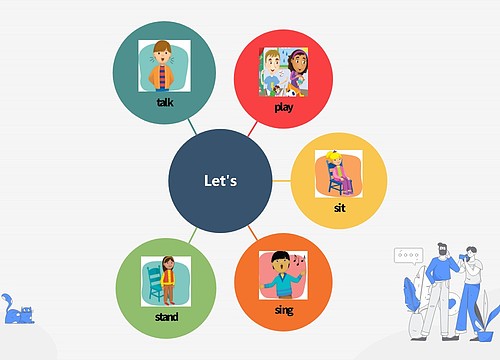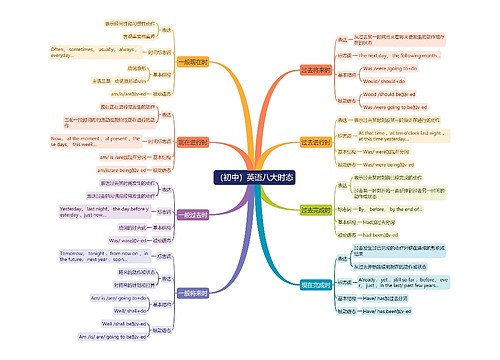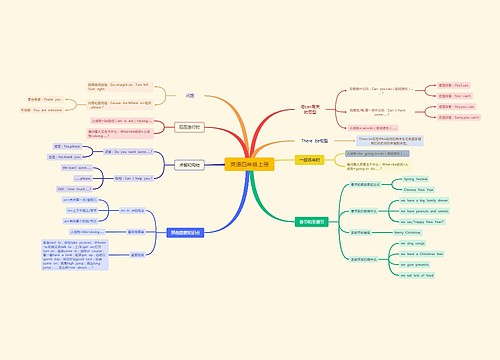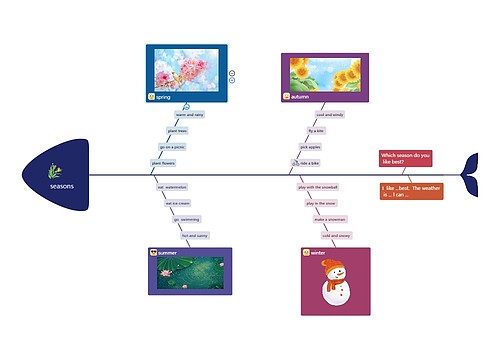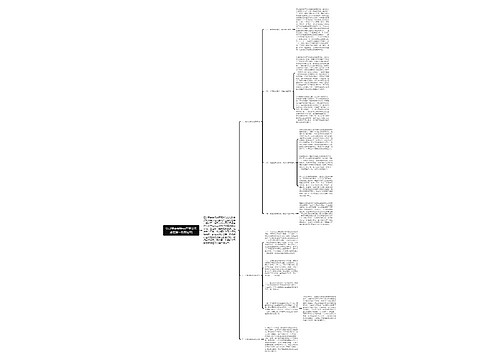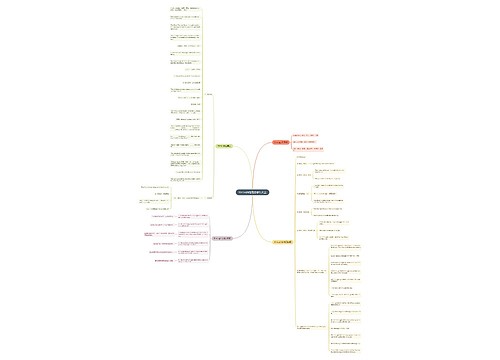1. 用于本义,表示身体上的“受伤”“疼痛”,此时通常通常连用的副词修饰语有 badly, seriously, slightly 等。如:
Jim didn’t look seriously hurt. 看上去吉姆伤得并不严重。
They were badly hurt in the accident. 他们在事故中受了重伤。
2. 用于引申义,表示感情上的“伤害”,此时通常连用的副词修饰语有deeply, extremely, really, terribly, very (much), greatly 等。如:
Her remark hurt him deeply. 她的话深深地伤害了他。
I was very much hurt at what he said. 听了他的话我很痛心。
3. be hurt后可接动词不定式或that从句。如:
She was hurt to think of his being left alone. 想到他一个人留在那儿她就难受。
She was hurt that I had not gone to her party. 我没去参加她的晚会,她感到不快。
4. 注意hurt, injure, wound的区别:
(1) hurt属普通用词,指身体上的受伤,可轻可重,常带有较强的疼痛感。另外它还经常用于比喻义,表示精神或感情上的伤害。
(2) injure与hurt的含义较为接近,但更正式,主要指人在意外事故中受到伤害。如:
In the accident 10 people died and 20 were seriously injured. 在这次事故中,有10人死亡,20人受重伤。
有时也用于比喻义。如:
Smoking will injure your health. 抽烟会损害你的健康。
Her refusal injured his pride. 她拒绝他,伤害了他的自尊心。
(3) wound 主要指外界暴力或用武器造成的较重的身体上的伤害,多用于战斗或作战等场合。如:
The soldier was badly wounded in the head. 这位士兵头部受了重伤。
(4) 从用法上看,过去分词wounded和injured均可用于名词前作定语,而用作过去分词的 hurt则很少这样用。如:
The wounded [injured] soldier was well looked after. 这个受伤的士兵受到了很好的照顾。
(5) the injured和the wounded均可用作名词,意为“受伤的人”(具有复数意义),但一般不用the hurt来表示类似意义。如:
The injured [wounded] were sent to hospital. 受伤的人被送往医院。

 U633687664
U633687664
 U582679646
U582679646